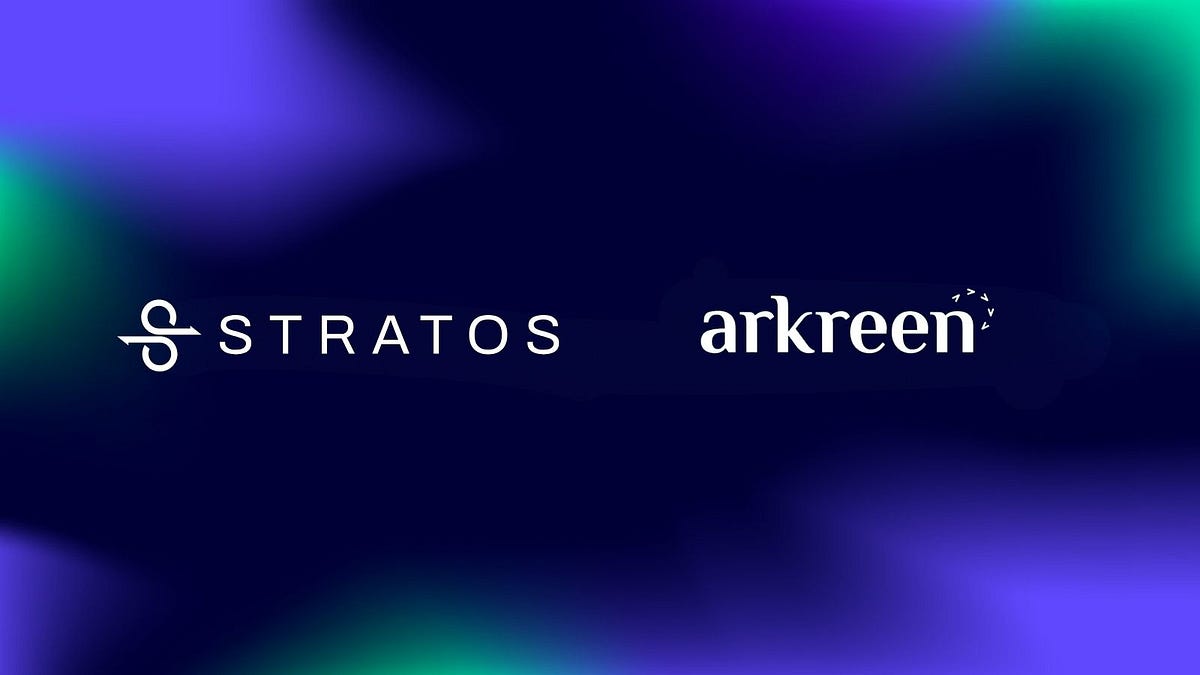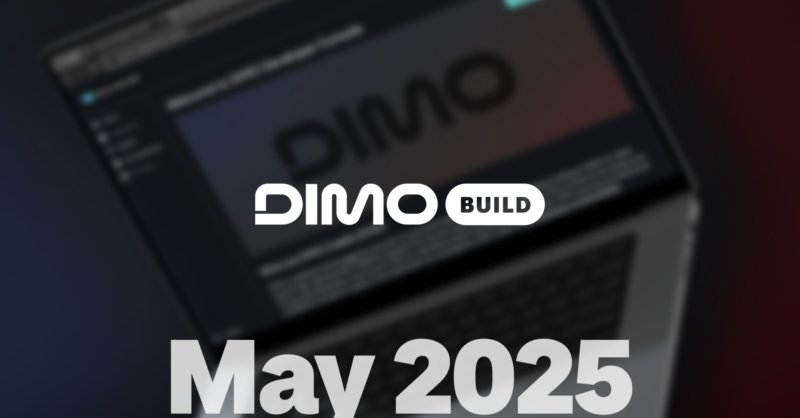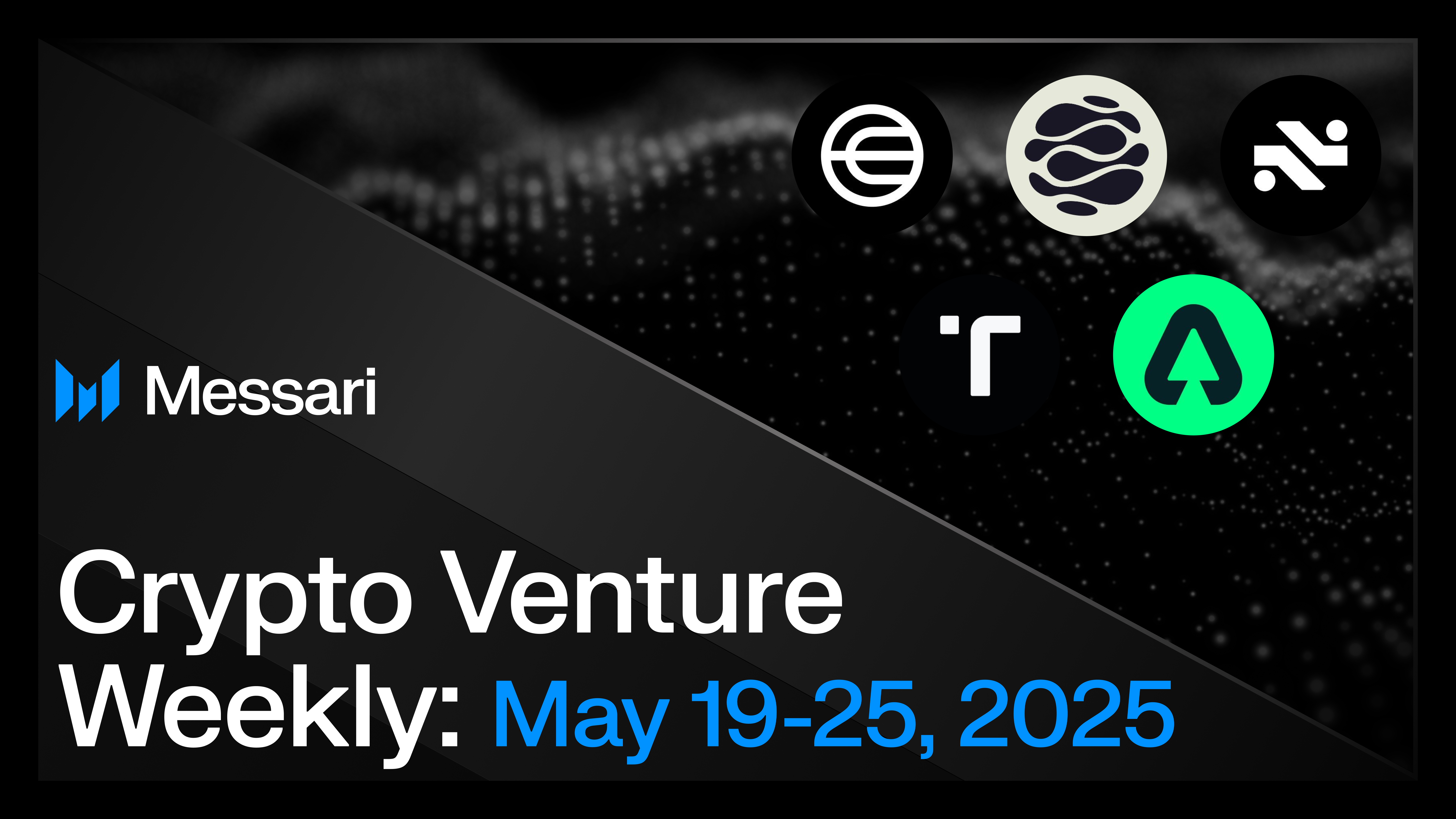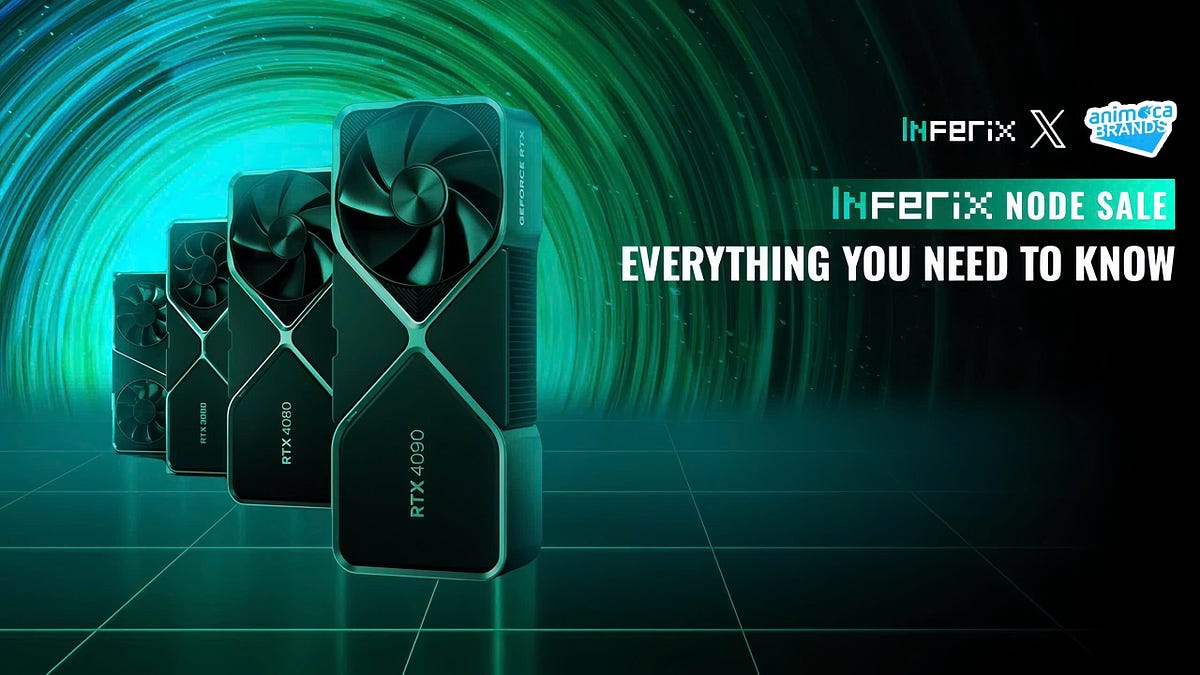Stratos Network Partners with Arkreen to Promote Sustainable Decentralized Infrastructure

Stratos Network is taking significant steps towards building a sustainable and decentralized infrastructure by partnering with Arkreen Network. This collaboration focuses on promoting renewable energy adoption and achieving carbon neutrality. Stratos Network is committed to offsetting its operational carbon footprint by leveraging Arkreen’s green asset data, which reinforces its dedication to sustainability and responsible operations in the Web3 space.
In addition to their operational initiatives, Arkreen has extended an invitation to the founder of Stratos Network to participate in an upcoming Arkreen Talk. This event will provide a platform for discussing decentralized infrastructure, artificial intelligence, and sustainable energy solutions. The partnership aims to explore collaborative opportunities with eco-partners to advance Green DePIN initiatives, which are essential for promoting environmentally friendly practices within the Web3 ecosystem.
The integration of Stratos Network’s scalable, decentralized storage and AI computation capabilities with Arkreen’s on-chain Renewable Energy Certificates (RECs) through its AREC carbon offset protocol is set to revolutionize decentralized AI infrastructure. By harnessing green energy, both networks are not only enhancing their operational efficiency but also contributing to a greener future. This partnership exemplifies how decentralized technologies can align with sustainability goals, paving the way for innovative solutions in the renewable energy sector.
Related News





